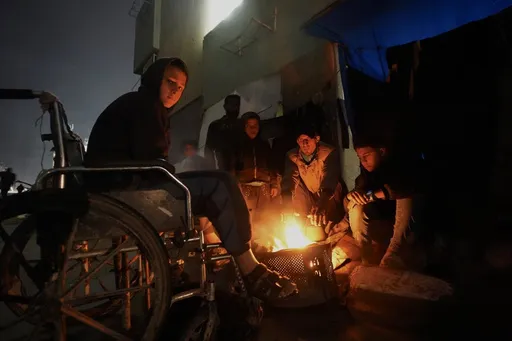By Kudra Maliro
Thousands of Ugandans, colourfully dressed in traditional costumes, gathered in the capital Kampala this week to celebrate the 30th anniversary of the coronation of the Kabaka (king) of Buganda, Ronald Muwenda Mutebi II. He is the leader of Baganda people, one of the country's main ethnic groups.
Ronald Muwenda Mutebi II greeted the crowd amid the sound of energising royal drums. "This is a moment of joy," said Charles Peter Mayiga, Prime Minister of Buganda.
The Baganda people are viscerally attached to their monarchy. Therefore thye came out en mass to show celebrate the current the "Kabaka" (King), Ronald Muwenda Mutebi II.
In traditional dress, a white tunic called "Kanzu" for the men and colourful dresses called "Bitenge" for the women, the crowd prayed for the monarch.
The first monarch of Buganda's Kintu dynasty, Kato Kintu, helped unite the kingdom in the 13th century. Over the course of the 18th and 19th centuries, Buganda developed into one of the largest and most powerful states in East Africa.
Buganda Kingdom is the largest kingdom in present-day East Africa encompassing the central region of Buganda, including the Ugandan capital, Kampala.
Following Uganda's independence in 1962, the kingdom was abolished during the administration of Uganda's first Prime Minister Milton Obote in 1966 who declared Uganda a Republic.
The 'Kabaka' (king) was symbolically re-established in 1993 by current President Museveni but with weaker powers.
The kingdom has about 14 million accounting for around 16% of Uganda's population.
"We are here to celebrate the coronation but also to pray for the good health of our king and that he continues to rule his kingdom", said Annet Nakafeero, a 34-year-old shop assistant who had come to the festivities with her four-year-old daughter.
Students performed songs and dances during the celebration at the royal palace in the hills of Kampala thrilling traditional leaders and government officials
The Buganda King is generally ceremonial. But he has huge influence over his subjects and is highly revered.
























